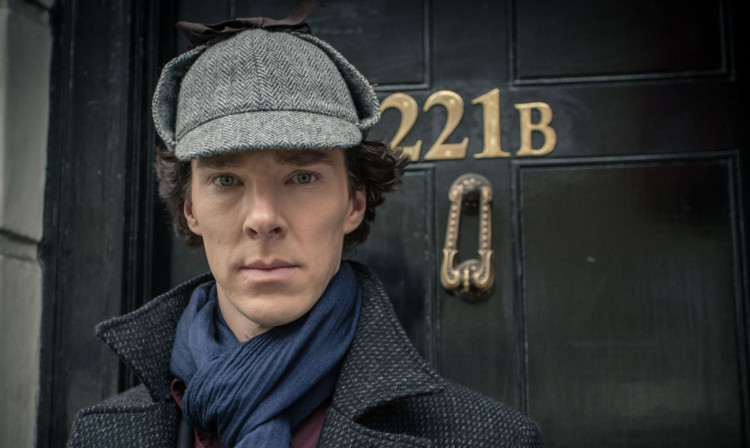The BBC says a description of an “incoherent” Mayor of London with “hair-brained” schemes which featured in an episode of Sherlock was not an attack on Boris Johnson.
Eagle-eyed viewers would have seen the comments in a spoof newspaper story which flashed up briefly on screen during Sunday’s edition of the BBC1 show.
Mr Johnson said it was up to the BBC if they wanted to use licence fee cash to attack Conservative politicians which he claimed was the corporation’s “raison d’etre”.
Viewers who paused the programme could have read the mock article which flashed briefly on screen and revolved around the “current Mayor of London” turning the Thames into an express waterway to beat congestion.
It said: “The hair-brained scheme involved chartering disused boats, paying for their conversion into a version of London’s famous bus, the Routemaster, but this plan has already foundered after pilot schemes revealed that customers were walking straight off the boat and into the icy currents of the Thames.
“When asked to explain how the system might move forward, or even be profitable, or perhaps even to explain the point, the Mayor, who was at a self-promotion event, was found to be dithering, incoherent, and self-interested.”
Mr Johnson who was named in the story was reported to have responded to the wording by saying: “It is elementary my dear Watson, I deduce a simple case of BBC bias.”
But speaking on LBC 97.3 this morning, he said: “I think it is perfectly legitimate for people to satirise politicians and there you go.
“I don’t rule out the possibility, by the way, that this is an attack on the previous mayor, who after all himself spent large sums of public money on investigating whether there should be a Thames estuary airport and used to drivel on about putting people on the river.
“But, unlike the previous mayor I actually expanded river transport. We doubled the number of passengers on the river and we are actually getting somewhere at last in sorting out our aviation capacity problem.
“So, whatever the BBC may say … you know, they are entitled to spend taxpayers’ money attacking Conservative politicians. That’s what they do, that’s their raison d’etre, and I don’t in anyway want to discourage them.”
A spokeswoman for the BBC said: “Sherlock is a fictional drama series. Both the newspaper and Mayor featured in the episode were entirely fictional and were not named or politically affiliated.”
